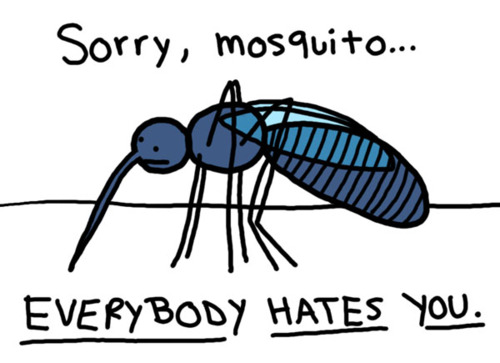Post by Dr. Jamie Senthirajah
Heartworm Disease Overview
Heartworm disease is an infectious process that can affect your dog. This disease is transmitted from mosquitoes that harbor the infectious larvae they pick up from other pets affected by this disease. This disease has been diagnosed in all 50 US states, but certain regions are more affected by others. Unfortunately, the awesome weather we have in Austin puts our pets at a higher risk compared to most other parts of the country (see below for geographic distribution). Should an animal become affected with this worm, their heart, lungs, and even large blood vessels in the body can be affected which could lead to coughing, exercise intolerance, fatigue, decreased appetite, weight loss, and even heart failure, which can be fatal to your beloved pet. Because of these nasty effects, we strongly recommend that your pet be on a heartworm preventive throughout its life. Yearly heartworm testing is needed for your furry friends, even if they are on a preventive. Even a single month lapse in prevention puts your pet in danger of this disease, which warrants more testing and possible heartworm disease treatment. Good news for your pet and you is that we carry many preventives for your pet that can fit into your and their lifestyles. The products we currently carry in house are: Interceptor Plus, ProHeart 6 & 12, Trifexis.

Interceptor Plus
This product is a once-monthly oral tablet that gives your pet protection of heartworm disease. As an added bonus, this product also helps treat certain gastrointestinal worms, which they can obtain from consumption of feces, because let’s face it, your pet likely has consumed a little doo-doo in their lives. Puppies as young as six-weeks-old can be started on this medication and this oral tablet is actually very palatable (so we’ve been told by our pets) so administration should not be an issue. This tablet is formulated based on weight, so it is important that boxes not be shared unless approved by your friendly veterinarian.
ProHeart 6 & 12
This is an injection that is given to your pet under its skin every 6 or 12 months. Dogs at least 6 months-of-age are suitable to receive this medication. Again, this medication is administered based on your dog’s weight, so it is imperative that dogs be in a healthy state, appropriate and stable weight, and not be affected with uncontrolled allergies. Thus, a physical examination by your veterinarian is needed before instituting this medication. The main benefit of this medication is that it only needs to be given once or twice a year. As a pet owner, this may be appropriate for you given your lifestyle (business, traveling, and vacations) as approximately half of dog owners miss medication doses. But what about the hoopla of an injection lasting for so long? The magic is in the microspheres (beads) that are present in the medication. These beads slowly dissolve and release their goodies to prevent heartworm disease over time. As an added bonus, certain gastrointestinal worms are also treated with ProHeart injections. Very few side effects are noted, and if any are observed they are usually similar to vaccine reactions, which as you may know are mild, if at all seen.
Trifexis
Trifexis, as the name may sound, is a medication that has three main purposes. This once-monthly tablet is given to your pet and prevents heartworm disease, treats certain gastrointestinal worms, and gets rid of those pesky fleas. Flea prevention is important as flea bites can cause severe flea allergy dermatitis (it just takes one bite to cause your pet to scratch and scratch and scratch); certain GI worms, and of course blood loss if severe enough. Moreover, flea eggs can remain dormant for up to a year, so action against these critters will save your pet’s fur and help you from pulling out your hair from all the stress these buggers cause. Puppies as young as 8 weeks-of-age and >5 pounds are suitable to receive this medication. As with Interceptor Plus, these tablets are flavored and are dosed based on weight, so sharing boxes with other pets is only okay if approved by your veterinarian.
Now that we poured our hearts out to you about heartworm disease prevention, please discuss with your family veterinarian to decide which option makes the most sense for your furry friend








